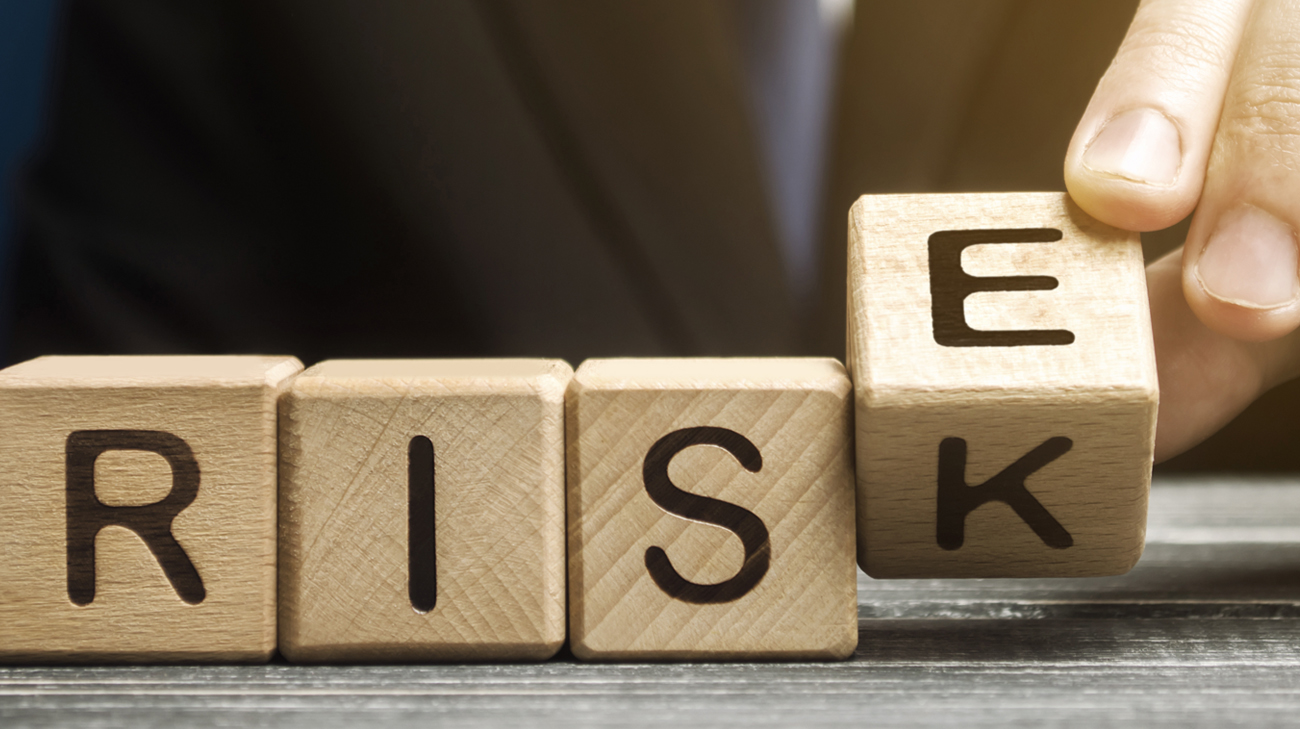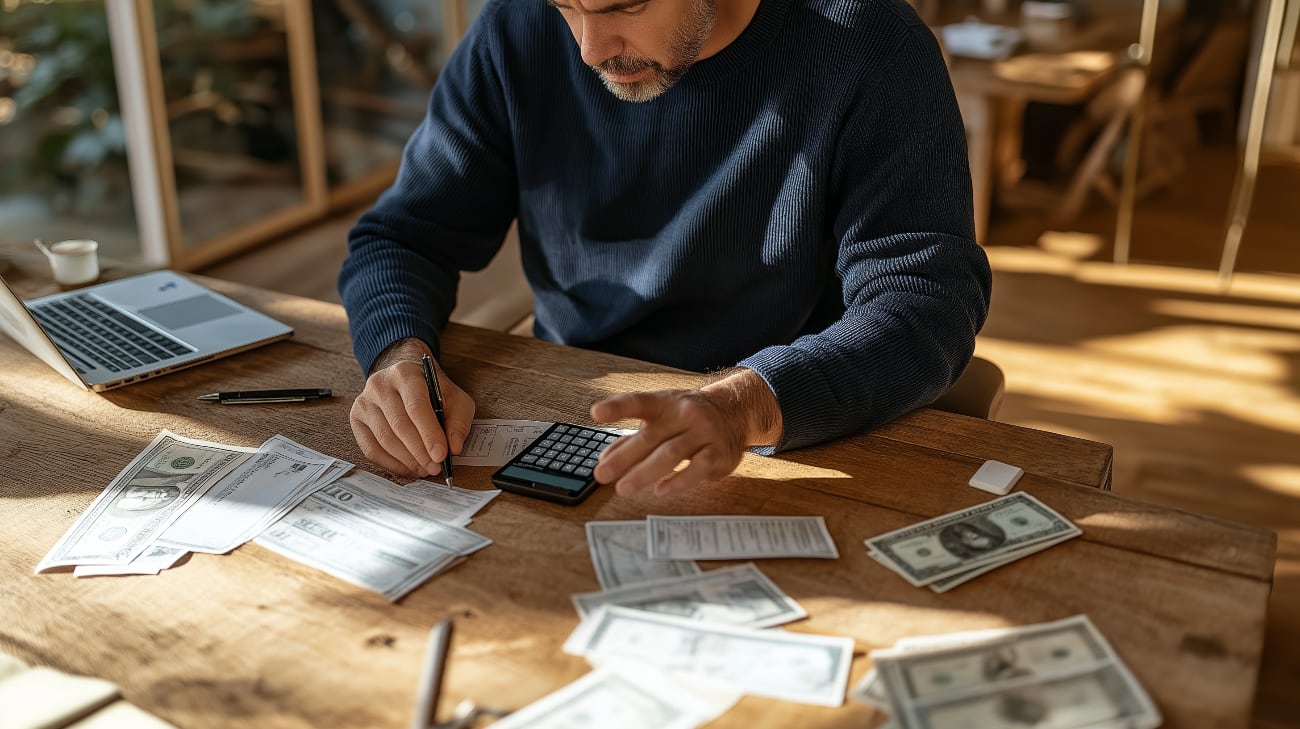Relapse
Money Matters
Addiction takes more than your health. It (more often than not) takes a toll on your wallet too. Missed bills, debt, impulsive spending, missed tax deadlines, or even financial secrecy can leave you feeling overwhelmed when you step into recovery. Money, for many, becomes one of the most intimidating parts of rebuilding life after treatment.
But here’s the hopeful truth: just as you’re learning new ways to care for your body and mind, you can learn new ways to care for your finances. Early recovery is the perfect time to reset not only your relationship with substances, but also your relationship with money. And by doing that, you are setting yourself up for financial success and freedom in the future.

Why Money Feels Complicated in Recovery
When substances are in the picture, financial priorities shift. We always found money to fund our addiction, and funds that should go toward rent, food, paying bills or family obligations often disappear into the cycle of use. Over time, money becomes tangled with guilt, shame and secrecy. Even after rehab, the sight of a bank statement or overdue bill can feel triggering. It is that overwhelming anxiety, and then the question of “How did I end up here? How can I get myself out of this terrible mess?”
Recovery is about facing life honestly, which includes facing your finances. It might be uncomfortable at first, but small, consistent steps can make a huge difference. It is okay to ask for help when you feel overwhelmed and scared. Financial institutions and people can be very understanding and accommodating, especially if you are being honest and you come forward with a plan on how you will be catching up on payments.
Practical Steps to Regain Control
- Start with honesty. Write down exactly where you stand: income, debts and monthly expenses. Seeing the numbers clearly is less scary than avoiding them.
- Create a simple budget. It doesn’t have to be complicated. Just a plan for what’s coming in and where it needs to go. You will be pleasantly surprised by how much better you feel when you know what is actually going on.
- Prioritise essentials. Focus on food, shelter, car payments, servicing your debt and recovery needs first. Extras and luxuries can wait for a while.
- Set small goals. Paying off one small debt or saving a little each month builds momentum. You don’t have to save thousands a month. It is great if you can. Good advice that I got from my sponsor was that every little bit helps, and putting away R100 in a 32-day account every month all adds up eventually. We can all work towards financial stability.
- Ask for support. A trusted friend, family member or financial advisor can help you stay accountable.
The Link Between Money and Relapse
Financial stress is one of the biggest triggers for relapse. That’s why it’s so important to address money matters early in recovery. Learning how to budget, plan and make mindful choices not only reduces stress, but it also gives you a sense of empowerment. And empowerment is a powerful antidote to the helplessness that addiction often brings. We are here to help you against relapse.
At Eagles View Wellness Centre, we understand that recovery isn’t just about substances. It’s about rebuilding every part of your life, including your finances. Our holistic approach includes life skills support, where clients learn practical tools for managing money alongside emotional and relational healing. Because sustainable recovery means learning to thrive, not just survive.
Your finances don’t define you. They’re just another area of life where healing can happen. With patience, honesty and support, you can rebuild not only your bank account but also your confidence. Recovery isn’t about being perfect. It’s about learning to live differently, one choice at a time. And yes, financial freedom is absolutely possible, like recovery, if you work for it. We are here to help you not relapse.





